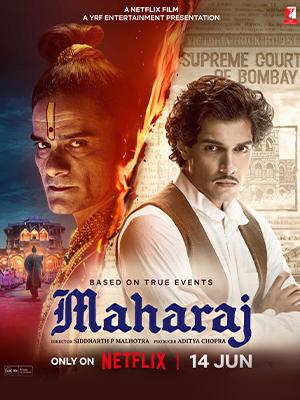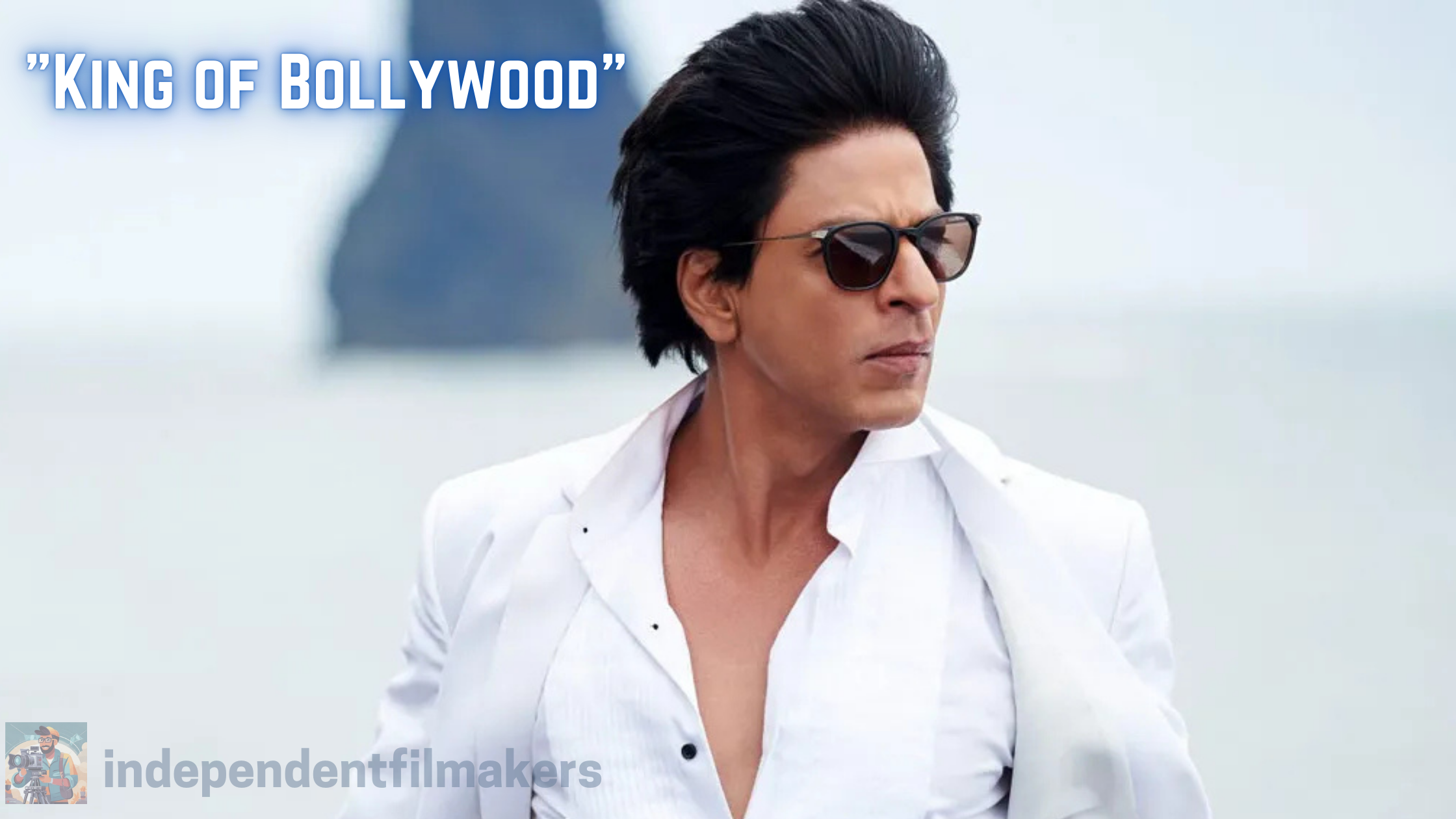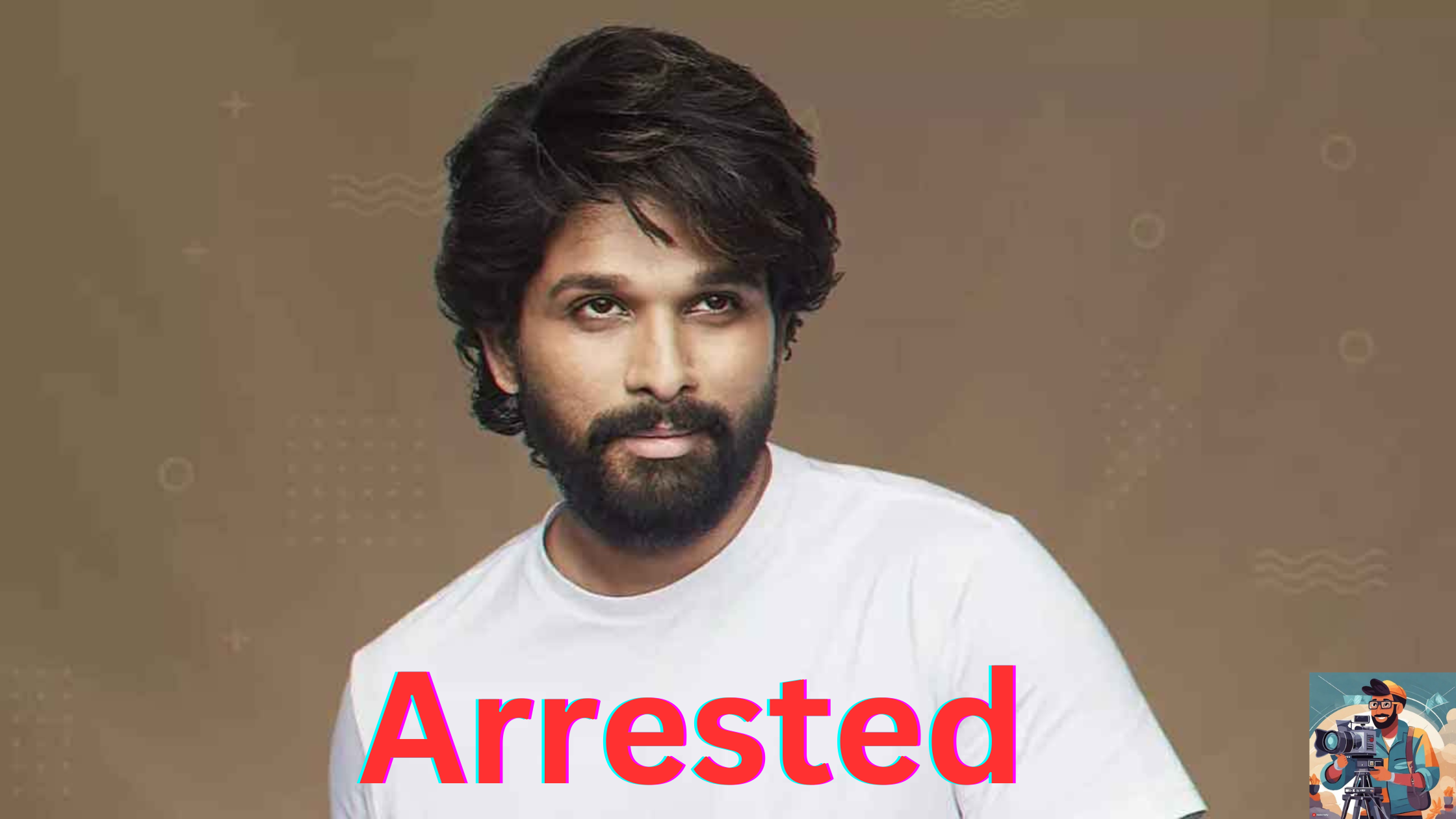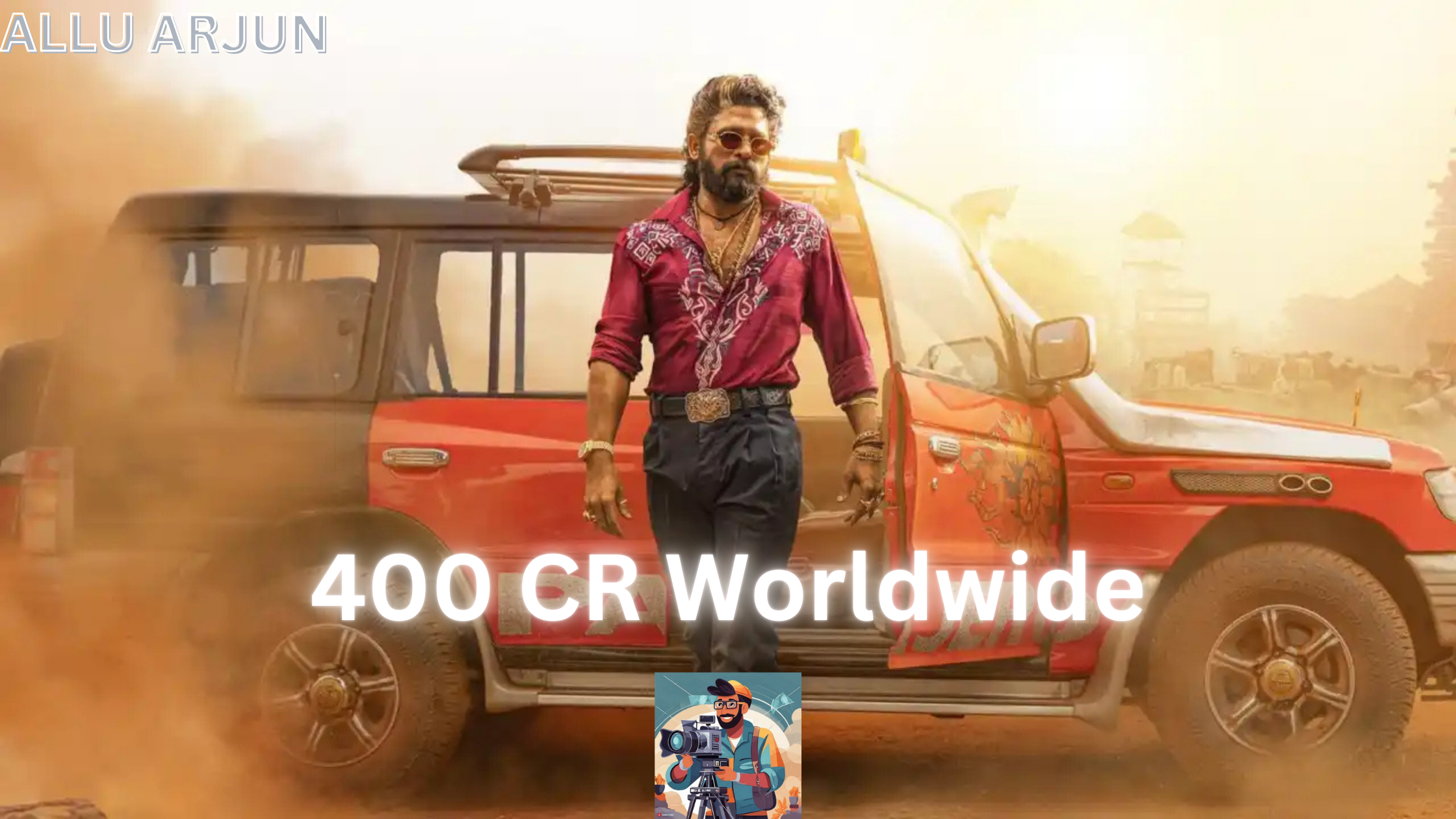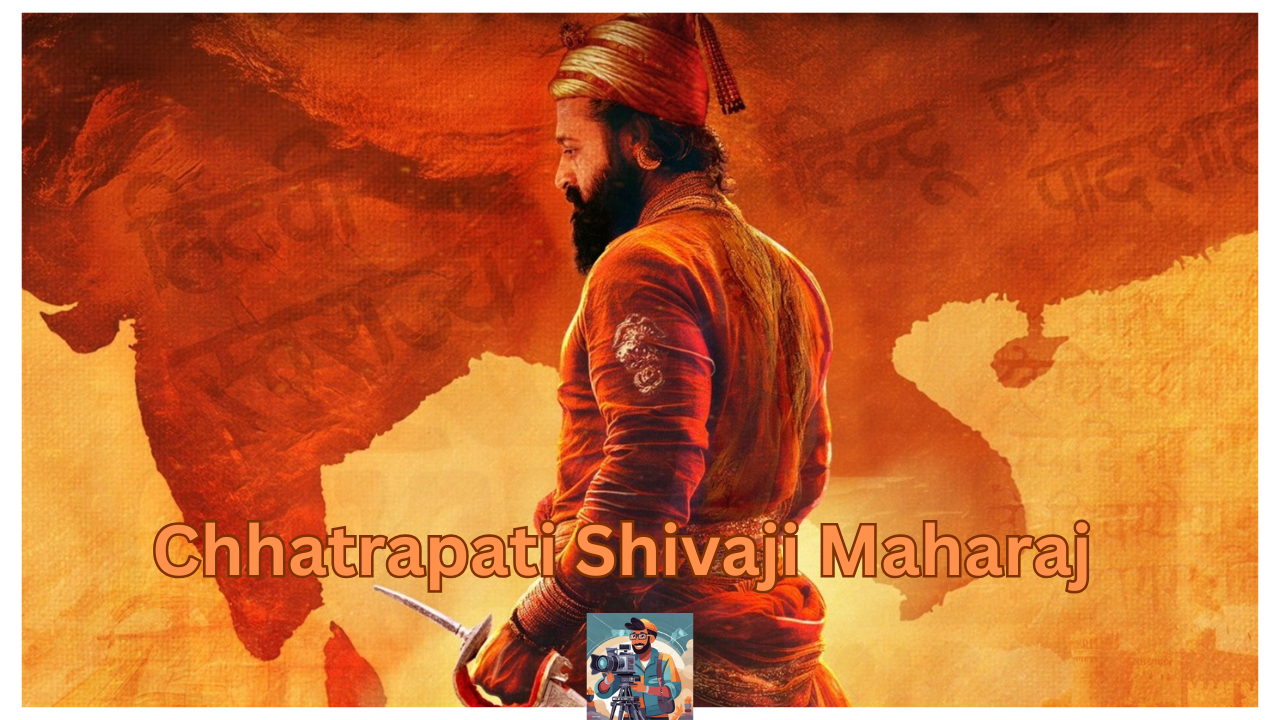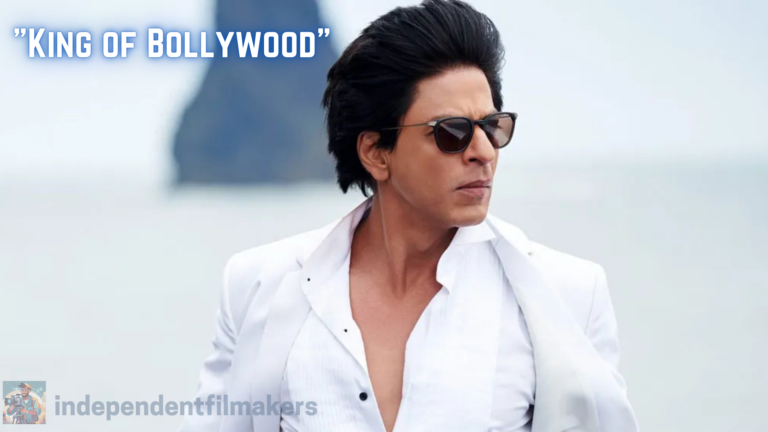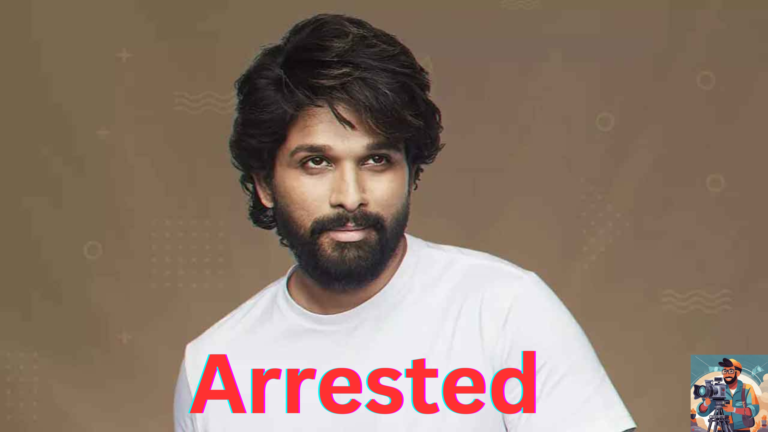Although Maharaj is set in the pre-independence era, its story and the struggle against ‘bhakt culture’ remain relevant today.
Maharaja Review: I’ve always been puzzled by why and how films based on true stories get entangled in controversies and legal troubles. Shouldn’t they be the safest option, with no risk of fictionalized depictions and solely focused on presenting the facts as they are?
Despite the delayed release of Junaid Khan’s debut film, Maharaj, following the Gujarat High Court’s stay order last week, the buzz remains undiminished. In fact, the delay seems to have heightened audience curiosity and excitement. While some may argue that the film offends religious sentiments, Maharaj stands as an important, thought-provoking, and somewhat groundbreaking story.
What is Maharaj about?
Maharaj, directed by Siddharth P Malhotra, is based on the landmark Libel Case of 1862 fought in the Supreme Court of Bombay. Contrary to what its synopsis and initial chatter might suggest, it isn’t a typical courtroom film. Instead, this historical drama vividly portrays the events leading up to the case and highlights its enduring historical significance.
Set in the 1980s, Maharaj follows the story of Karsandas Mulji (Junaid Khan), a Gujarati journalist, writer, and social reformer who championed women’s rights. He takes a stand against the malicious practices of religious leader Jadunath Maharaj, also known as JJ (Jaideep Ahlawat), who exploited his female devotees under the guise of superstitious rituals such as ‘charan seva.’
When Karsan witnesses his fiancée Kishori (Shalini Pandey) becoming a victim of Jadunath’s misconduct at his haveli, he resolves to expose the religious leader. In response, Jadunath files a defamation case against Karsan for writing and publishing an article detailing his sexual exploits in the newspaper Satyaprakash. In his write-up, Karsandas also exposes the fathers and husbands who, believing it to be a service to God, offer their unwed daughters and newlywed wives to Maharaj as sexual objects.
Powerful but Lacks Impact
As a reformist, Karsandas often faced backlash for his progressive views on gender equality, widow remarriage, and rejecting blind faith in religious leaders claiming to be God’s messengers. Maharaj attempts to familiarize the audience with his courage, societal contributions, and lasting legacy through powerful storytelling, yet it falls short of making a strong impact.
This may be due to Siddharth conforming to conventional norms of how Yash Raj characters, especially the hero, should appear. The emphasis on grand sets and beautifully choreographed dance sequences often overshadows the actual story, causing it to take a backseat at times
Holds Relevance Today
Although Maharaj is set in the pre-independence era, its story and the battle against ‘bhakt culture’ remain relevant today. Many self-styled godmen continue to exploit women under the guise of religious practices. The film also subtly highlights the importance of press freedom and Karsan’s efforts to protect it, despite his roots in a Vaishnav community.
One poignant scene occurs after Karsan calls off his engagement with Kishori, where a character advises him, “Telling people they are wrong is not enough. You need to give them a chance to reform and rehabilitate, and that will bring about real change.” This is where Maharaj truly excels, as it goes beyond simply exposing Jadunath’s wrongdoings to enacting real change through a landmark judgement.
The Performances
Junaid Khan shines brightly, holding his ground in every frame. He brings a refreshing presence to the screen, and I found no reason to compare him to his superstar father, Aamir Khan. Junaid’s individual talent and persona make watching him worthwhile. He exudes innocence in one scene and immense courage in the next, with his dialogue delivery in the courtroom scene being particularly laudable.
Shalini Pandey, who debuted in Hindi films with YRF’s Jayeshbhai Jordaar, has only a few scenes but excels in each one. She appears flawless, even in the challenging scene where she is shown on top of Jadunath, engaged in sexual intercourse. This scene is both disturbing and aesthetically powerful. Just before this, when JJ opens the string of her blouse, Shalini’s expression—a mix of fear, nervousness, and confusion—is brilliantly portrayed. Her innocent surrender to JJ and her vulnerability upon discovering the truth are played exceptionally well by Shalini.
Sharvari, on the other hand, commands a vivacious and vibrant screen presence. She adds a unique dimension to the narrative, skillfully blending a multitude of emotions throughout the film. Her confession about her troubling past—being coerced into performing charan seva by her parents at just 16—is delivered with heartbreaking sincerity and unwavering conviction.
Amidst these compelling performances, Jaideep Ahlawat steals the spotlight and remains true to his character from the outset. Despite having minimal dialogue, he effectively utilizes his expressions, body language, and demeanor to convey his underlying rage. His smirks when challenged by Karsan and his composed attempts to charm his female followers portray Jaideep’s morally ambiguous character convincingly.
In Conclusion
The climax scene deserves special mention, depicting Jadunath seated on his throne with a cold exterior and a sinister smile, while Karsandas delivers a powerful monologue questioning blind faith and beliefs. Before the end credits roll, actual photographs of Karsandas and other significant characters are shown with brief descriptions. The film concludes with a thought-provoking voiceover emphasizing that one does not need an intermediary to connect with God and reaffirming that Dharma is not synonymous with divinity but rather a path to becoming a better human being.

